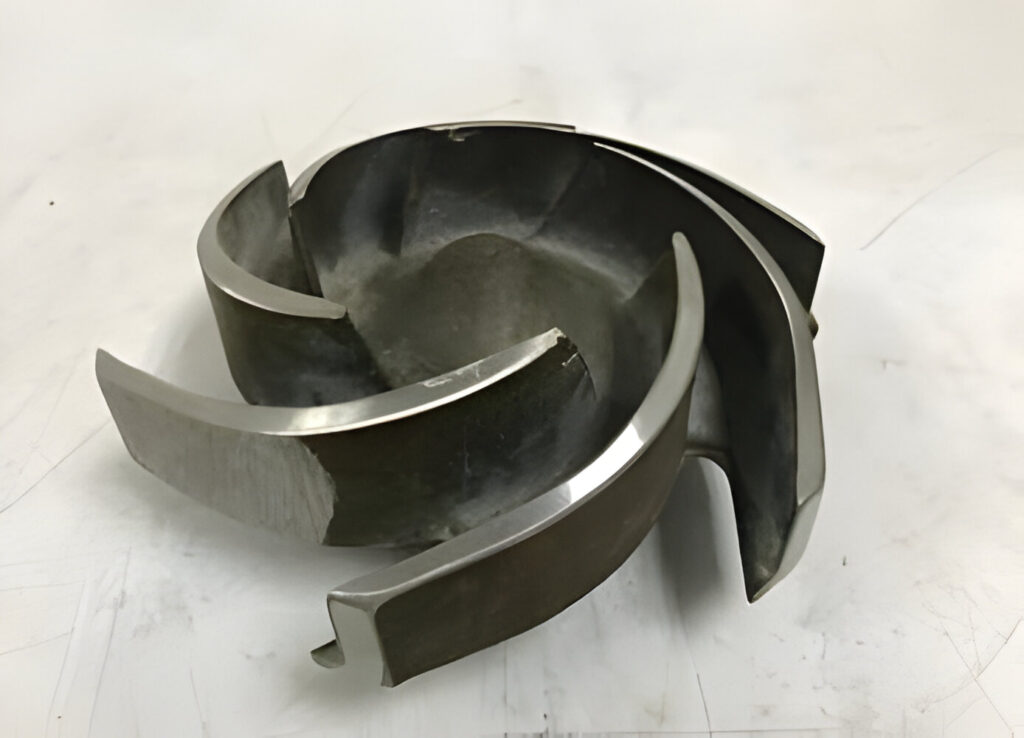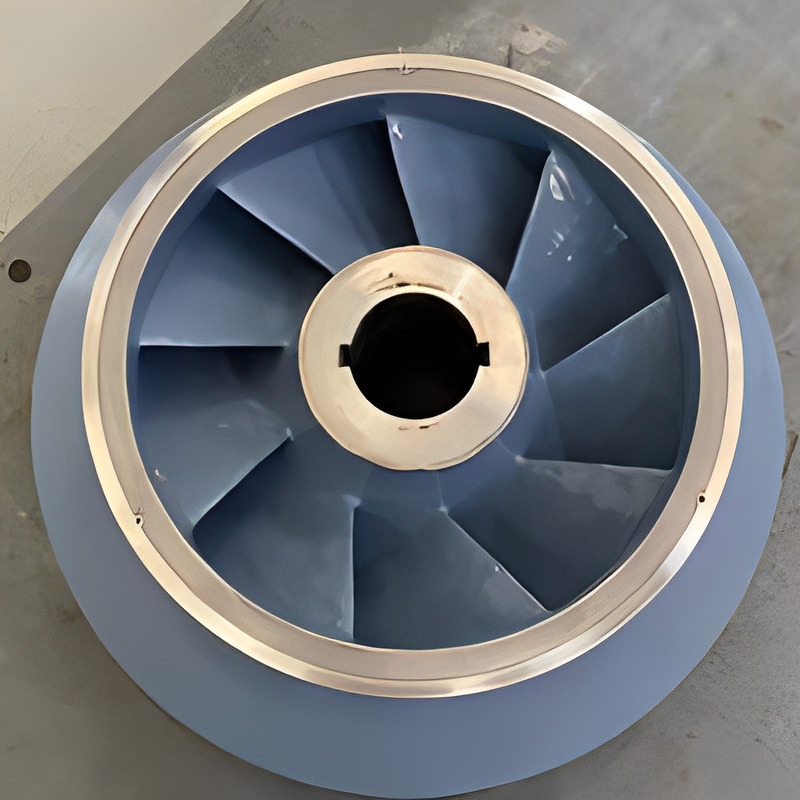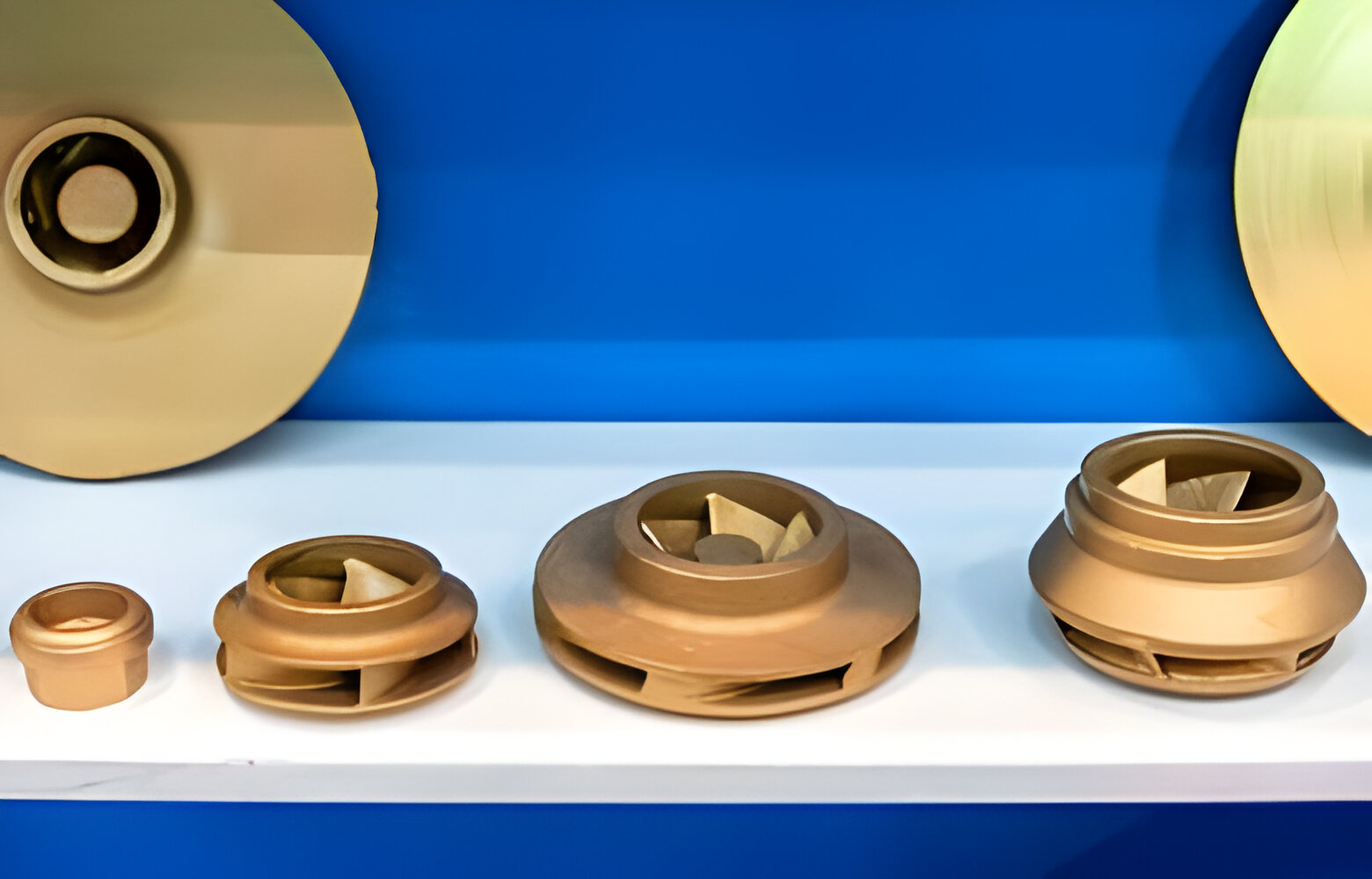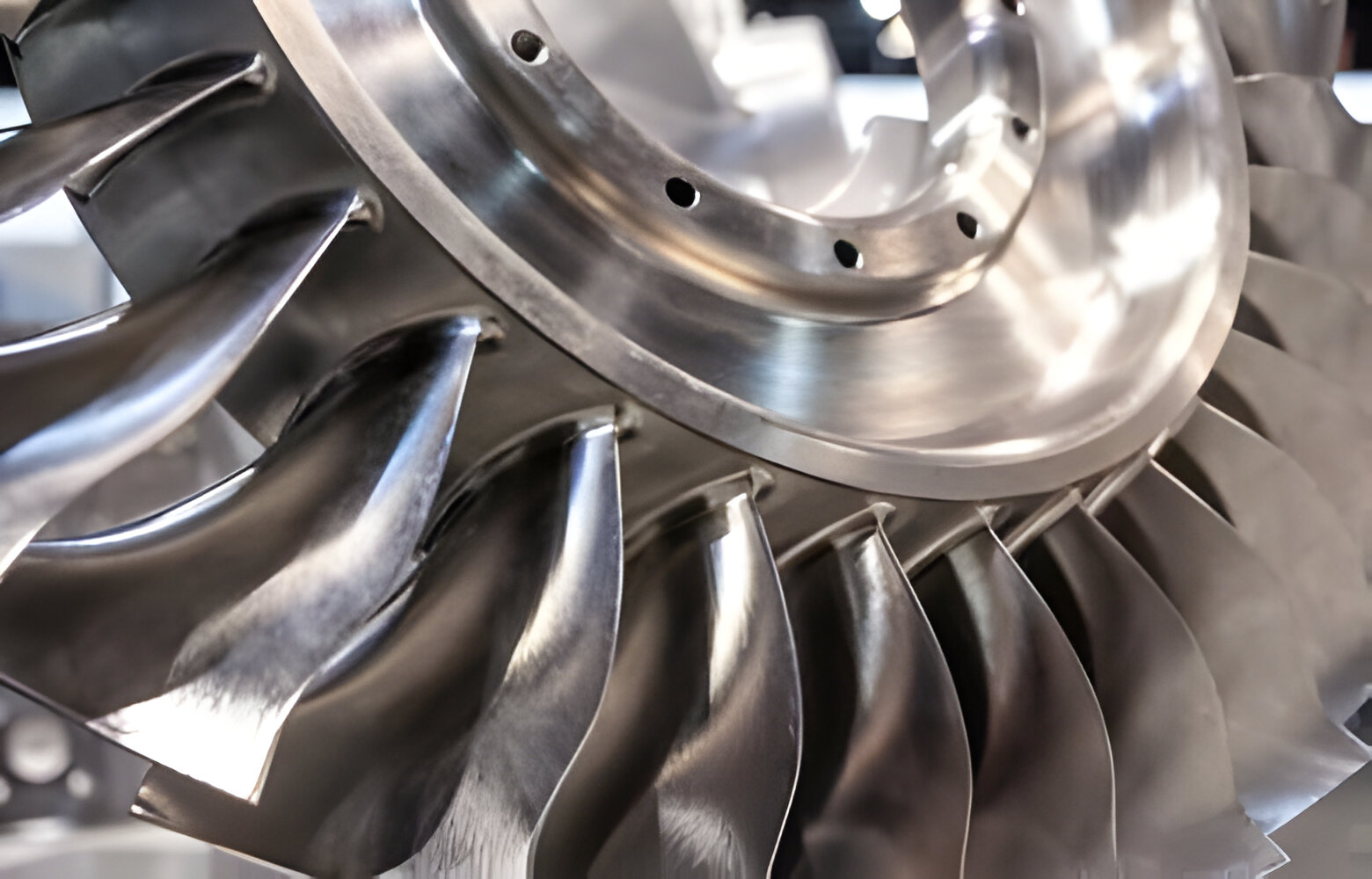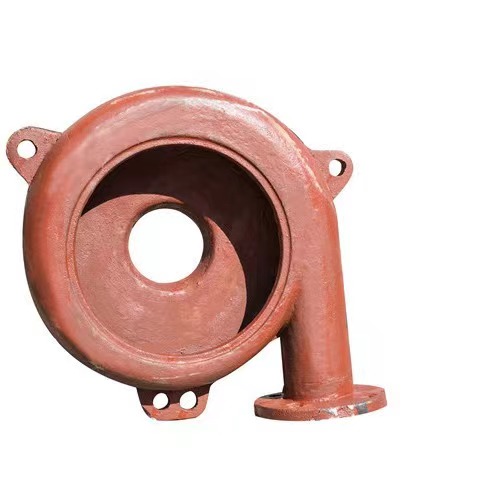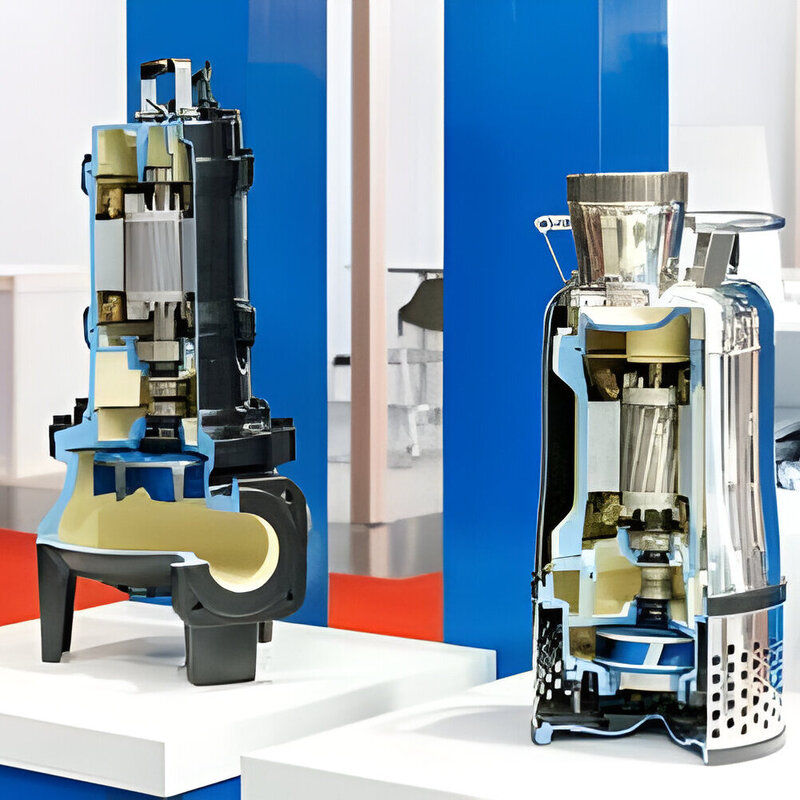Water pump impellers are essential components in various pumping systems, dictating the efficiency and reliability of fluid transfer processes. Among the materials used for impeller construction, cast iron stands out for its durability, versatility, and cost-effectiveness. In this article, we explore the significance of cast iron water pump impellers, their manufacturing processes, and their diverse applications across industries.
Understanding Cast Iron Water Pump Impellers
Cast iron water pump impellers are integral parts of centrifugal pumps, which are commonly used for water transfer in industries ranging from agriculture to manufacturing. These impellers are designed to rotate at high speeds, generating centrifugal force to propel fluid through the pump system.
The robust nature of cast iron makes it an ideal material for impeller construction, offering high strength, wear resistance, and corrosion resistance. Cast iron impellers can withstand harsh operating conditions, including abrasive particles and corrosive fluids, ensuring long-term reliability and minimal downtime.
Manufacturing Process of Cast Iron Impellers
The manufacturing process of cast iron impellers typically involves sand casting, a versatile and cost-effective method suitable for producing complex geometries. Here's an overview of the sand casting process for impeller production:
- Pattern Creation: A pattern, representing the final shape of the impeller, is fabricated using wood, metal, or plastic.
- Mold Preparation: The pattern is placed in a flask, and sand is packed around it to create a mold cavity.
- Pouring: Molten cast iron is poured into the mold cavity, where it fills the space and takes the shape of the impeller.
- Cooling and Solidification: After pouring, the cast iron cools and solidifies within the mold, forming the desired impeller shape.
- Finishing: Once cooled, the casting undergoes finishing processes such as machining, grinding, and polishing to achieve the required surface finish and dimensional accuracy.
Through meticulous attention to detail and quality control measures, manufacturers can produce cast iron impellers that meet strict performance standards and customer specifications.
Applications of Cast Iron Water Pump Impellers
Cast iron water pump impellers find extensive use across various industries and applications, including:
- Agricultural Irrigation: Centrifugal pumps equipped with cast iron impellers efficiently deliver water for irrigation purposes, ensuring optimal crop growth and yield.
- Municipal Water Supply: Water treatment plants utilize centrifugal pumps with cast iron impellers to distribute clean water to residential and commercial areas.
- Industrial Processes: Cast iron impellers are employed in industrial pumps for transferring fluids in manufacturing, mining, and chemical processing applications.
- HVAC Systems: Heating, ventilation, and air conditioning (HVAC) systems rely on centrifugal pumps with cast iron impellers to circulate coolant or refrigerant fluids.
The versatility and reliability of cast iron impellers make them indispensable components in a wide range of pumping systems, contributing to enhanced performance and operational efficiency.
Advantages of Cast Iron Water Pump Impellers
There are several key advantages associated with cast iron water pump impellers:
- Durability: Cast iron impellers offer exceptional durability and resistance to wear, ensuring prolonged service life even in demanding environments.
- Cost-Effectiveness: Compared to alternative materials such as stainless steel or bronze, cast iron impellers provide a cost-effective solution without compromising performance.
- Versatility: Cast iron impellers can be manufactured in various sizes and configurations to accommodate different pump designs and flow requirements.
- Corrosion Resistance: With proper surface treatment and coatings, cast iron impellers exhibit excellent corrosion resistance, making them suitable for handling corrosive fluids.
By leveraging the benefits of cast iron impellers, businesses can optimize pump performance, reduce maintenance costs, and maximize operational efficiency.
Cast iron water pump impellers play a critical role in achieving optimal pump performance and reliability across diverse industries and applications. With their durability, versatility, and cost-effectiveness, cast iron impellers continue to be a preferred choice for pump manufacturers and end-users alike. By understanding the manufacturing process, applications, and advantages of cast iron impellers, businesses can make informed decisions to enhance fluid transfer processes and meet operational objectives.

